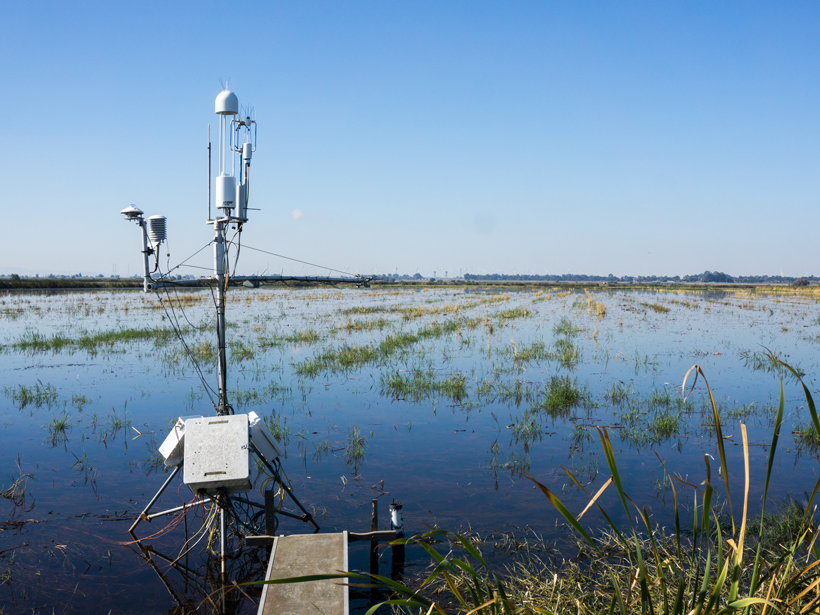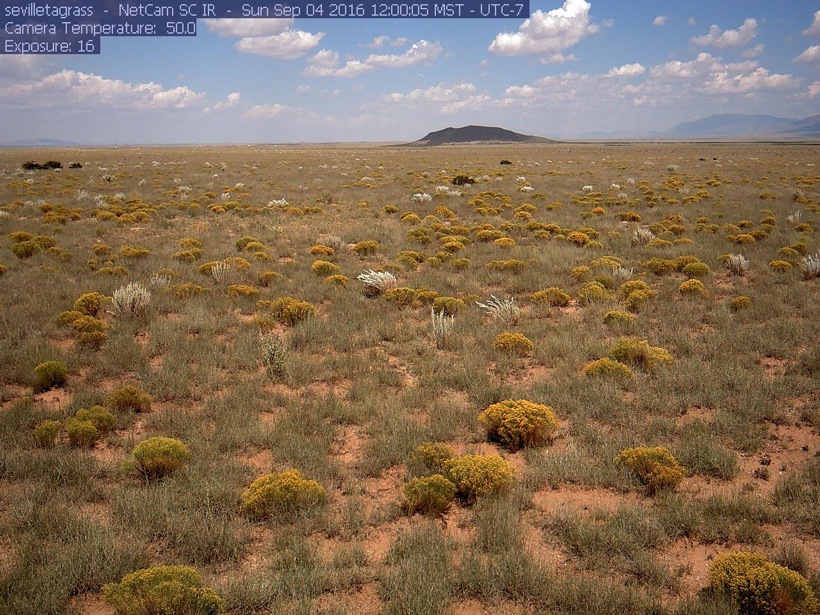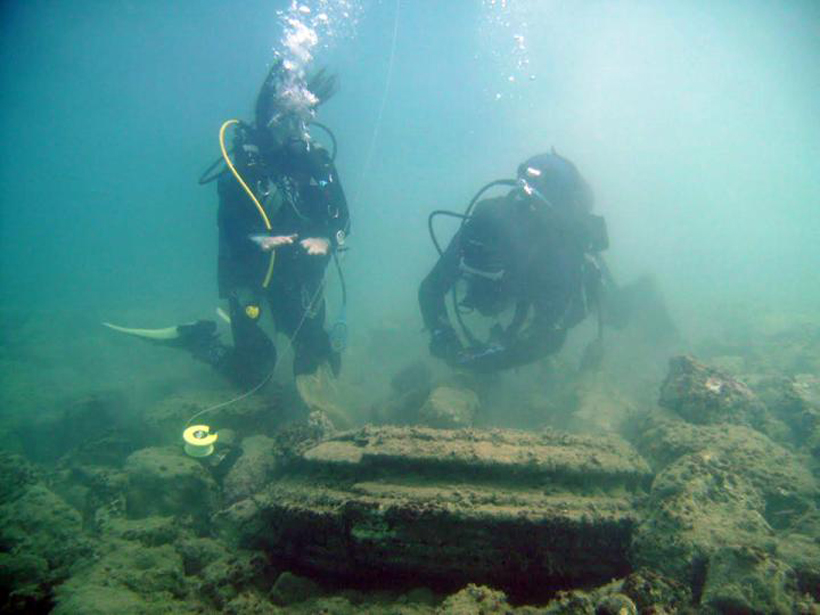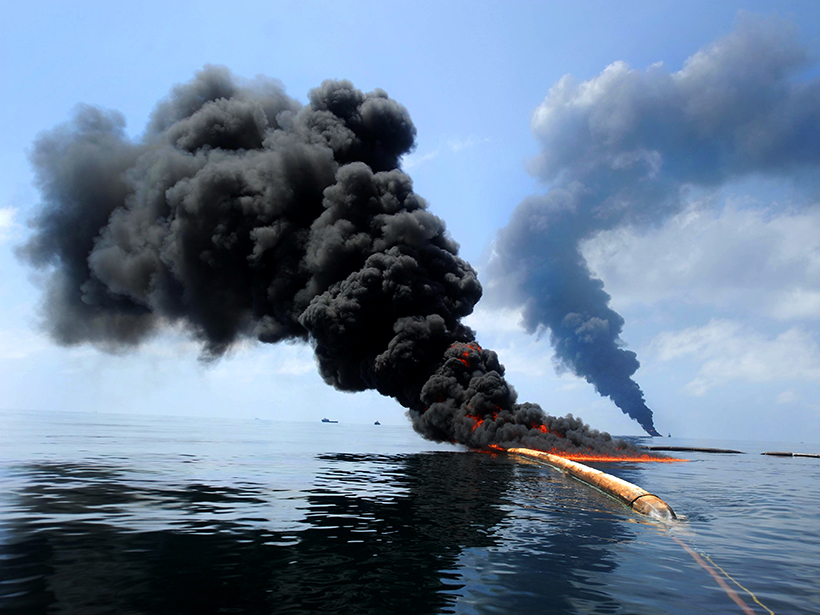First TOMCAT Workshop; Southampton, UK, 12–14 September 2016
biogeosciences
A New Data Set to Keep a Sharper Eye on Land-Air Exchanges
FLUXNET2015, the latest update of the longest global record of ecosystem carbon, water, and energy fluxes, features improved data quality, new data products, and more open data sharing policies.
Integrating Multiscale Seasonal Data for Resource Management
Workshop on Phenology at Scales from Individual Plants to Satellite Pixels; Cambridge, Massachusetts, 21–23 June 2016
Rock-Chomping Bees Burrow into Sandstone
A previously unknown species of rock-excavating bees, discovered 40 years ago but not reported in the scientific literature, finally gets the spotlight.
Aquatic Plants May Accelerate Arctic Methane Emissions
About two thirds of the gas produced by a study area near Barrow, Alaska, came from increasingly abundant greenery covering only 5% of the landscape, researchers estimate.
Bacteria Preserve Record of Earth's Magnetic Fields
Tiny yet stable magnetized particles created by microbes long ago could help scientists better determine the strength and orientation of ancient magnetic fields.
"Sunken City" Was Really Made by Microbes
What scientists thought was a sunken Greek city turns out to be the fossils of an ancient hydrocarbon seep from several million years ago.
Deepwater Horizon Oil Lingered and Sank, Stuck to "Marine Snow"
A new study may explain how supposedly buoyant oil from the huge 2010 oil spill coated corals and other organisms on the ocean floor.
What Does the Pacific Arctic's New Normal Mean for Marine Life?
Climate change has reconfigured Arctic ecosystems. A 5-year project focuses on the relationships among oceanographic conditions and the animals and other life-forms in this region.
Author Tells Tale of Cellular Engines That Power Life
The American Geophysical Union held a public lecture to introduce a new book about how microbes changed the world.










